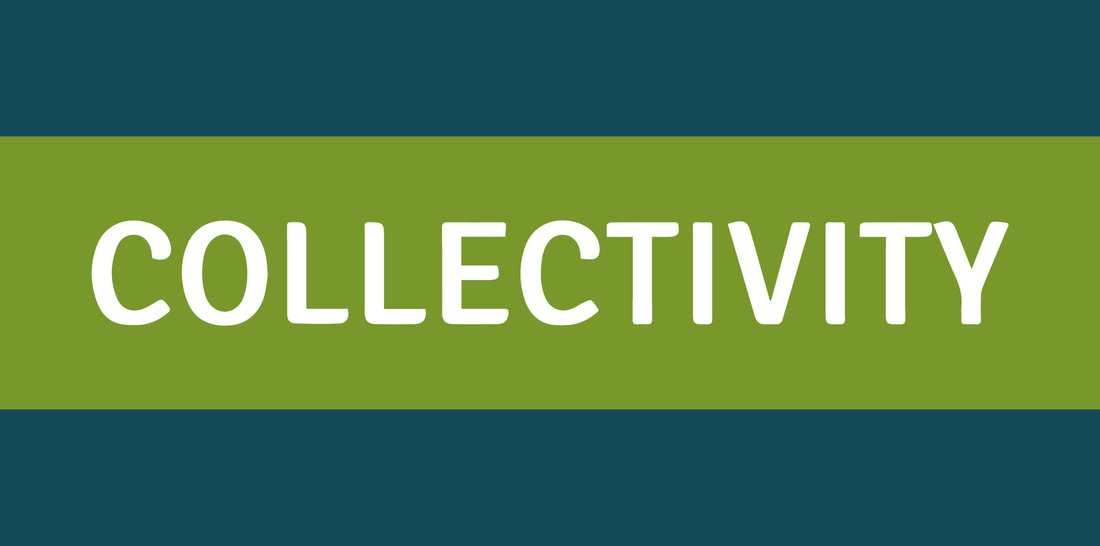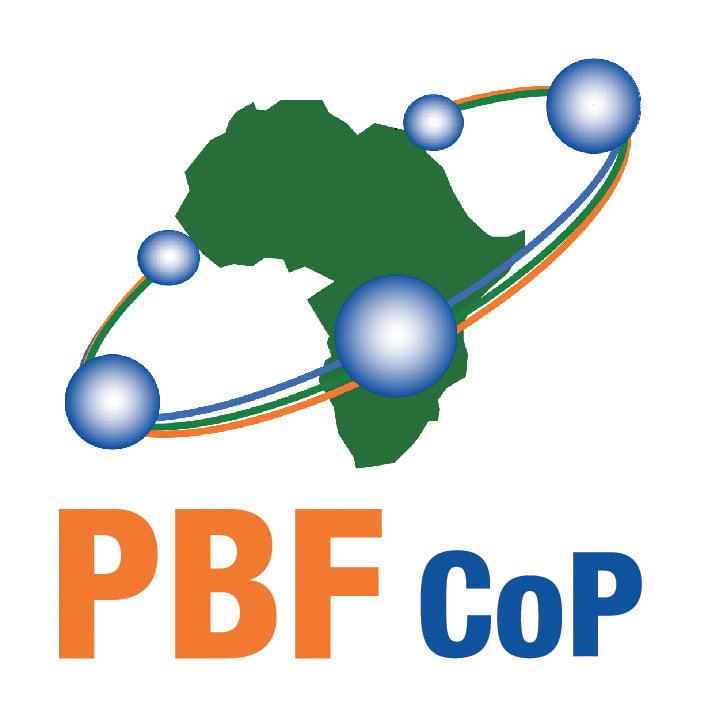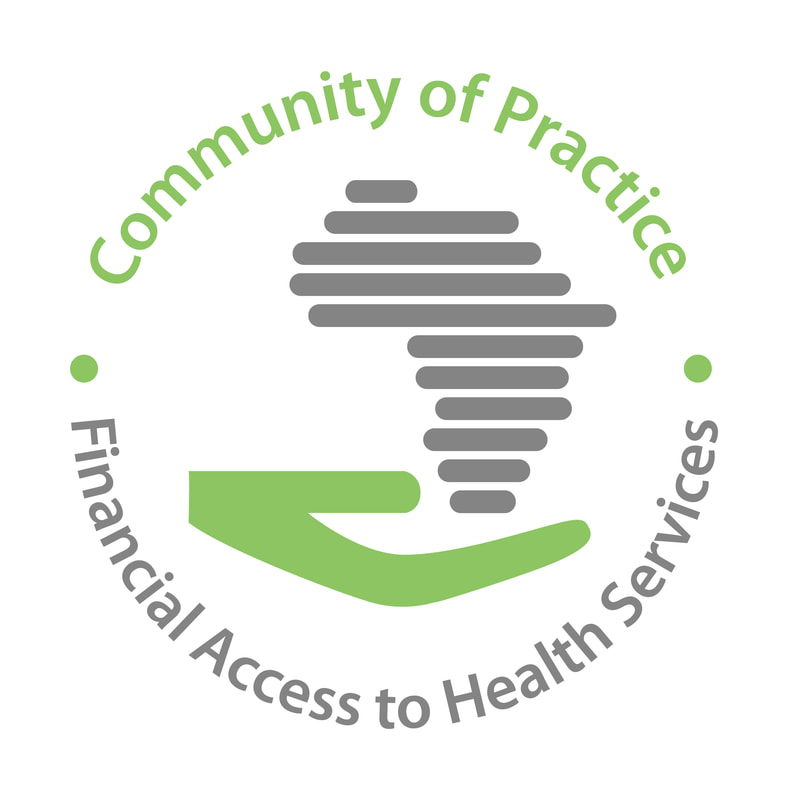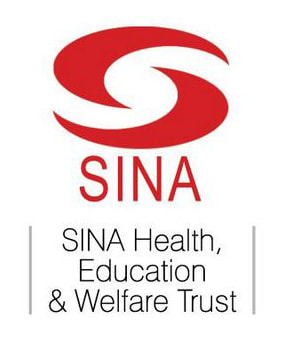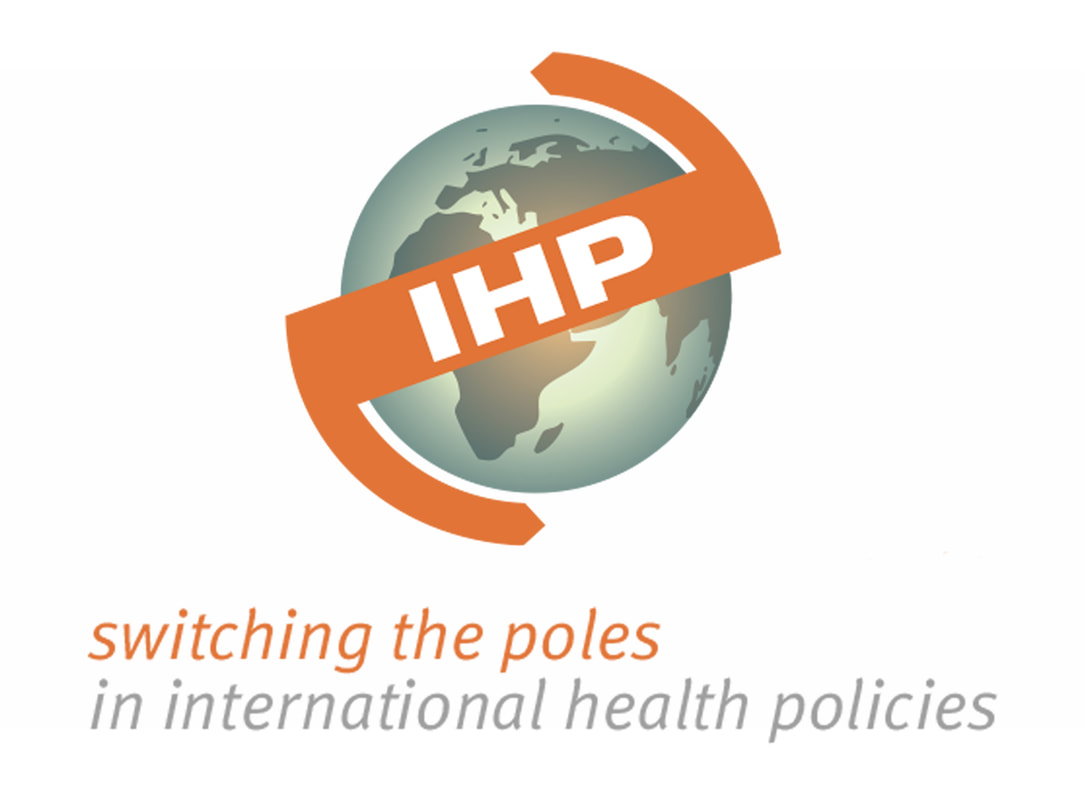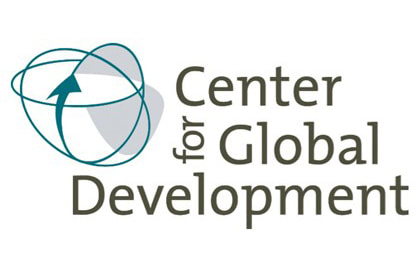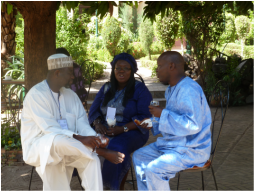 Workshop in Bamako
Workshop in Bamako The Harmonization for Health in Africa Communities of Practice are today firmly installed in the global health landscape. The Financial Access to Health Services CoP (FAHS CoP) for instance gathers more than 700 experts committed to progress towards universal health coverage through strategies such as user fee removal, health equity funds, health insurance… In this blog, Isabelle Lange, medical anthropologist at the London School of Hygiene and Tropical Medicine and FEMHealth researcher reports findings of her qualitative research on the FAHS CoP itself.
“[The FAHS CoP online group] is effective for sharing information, for networking, and for the exchange of experiences…. It’s- it’s extraordinary…. First, through the community I discovered, I had the opportunity to exchange with a lot of people and now after the workshop, I think that they are friends… I will try to maintain these relationships despite…. Even if the relationship is there and exists you have to reinforce it and care for it.”
– Policy Maker, North Africa
More and more actors in the global health community are tapping into the growing range of resources to widen their networks and information bases. Communities of Practice (CoPs) fit into this trend, and as they become a more popular tool in today’s information management methods in global health, there is the sense that the utilization of the Internet and strong content can bridge individuals to create or strengthen a community. A CoP then could provide resources for knowledge sharing and potentially also for informed health policy and systems change, breaking the traditional direction of north to south information flow and communication barriers across professional silos. However, achieving this model can be a complex process dependant on many contextual variables; exploring the processes of a particular CoP can shed light on its contribution to health policy as a mechanism for knowledge exchange. This was one of my ‘assignments’ under the FEMHealth project.
The CoP FAHS and the FEMHealth: three years of collaboration
The FEMHealth project was a 3-year multi-disciplinary evaluation of maternal health user fee removal policies in Morocco, Mali, Burkina Faso and Benin. I carried out a semi-external view of FAHS CoP as a part of the health policy research. The health policy analysis aimed to understand the origin of the policies in these countries and why similar measures were taken around the same time period to reduce the financial burden of childbirth costs on women and their families. There we explored whose voices were heard, which agendas were pushed and what evidence was influential in driving these strategies. The FAHS CoP offered an arena to deepen that research by observing the current debates and actors, in addition to serving as its own study area on this mechanism as a
vehicle for knowledge sharing and transfer. It also offered a channel to connect the FEMHealth researchers in with the wider community interested in their topic. As FEMHealth had supported the establishment of the CoP, it was also interested in understanding how well the CoP was meeting its goals of knowledge creation and exchange. In my capacity as anthropologist working on the health policy analysis research, I attended three FAHS CoP workshops (in Bamako 2011, Marrakech 2012 and Ouagadougou 2013) and alongside informal exchanges and observation of the content during those meetings, carried out in-depth interviews with the facilitators and about 25 participants – following up with a selection of them over the years to gain an idea of the value of the CoP within their professional and personal lives.
CoP workshops
According to my informants, the CoP workshops cut across geographic, disciplinary and linguistic boundaries that frequently hamper knowledge exchange amongst different profiles of actors. The magic formula for this was, according to participants: an appropriate participant body – with engaged, knowledgeable actors there to learn and make a difference, not just to collect per diems; dynamic, skilled facilitation; plenty of time for informal exchange (during coffee breaks or on field visits); quality simultaneous translation between French and English; pertinent technical content; and a format that allowed for questions, discussion, learning and problem-solving, not just presentations and “being spoken at.”
A particular wish of participants was to have the beneficiary community voice present in the discussions, based on the feeling that they did not have space carved out to be legitimately heard in the usual pathways of decision-making. “I think that often we meet just amongst us, actors in the ministry of health, or those who implement the program, without taking many things into account because we can’t imagine the perspectives of the user or beneficiaries of the service”, stated a West African policy maker. “They have to be there to tell us ‘what you did like this, should have been done like this instead.” This view was echoed in reference to other stakeholder groups, including health workers and researchers, underlining the absence of meaningful cross-silo exchanges in typical/existing professional structures.
Importance of the online community
These workshops are an important part of the FAHS CoP identity – strengthening the membership and committing to action a core tenet of the knowledge-sharing mandate of CoPs. What was clear, however, was that the CoP workshops had another special component: the online community that served as a base to these workshops. This group offers a continuity and home to the technical content and face-to-face exchanges that similar conferences did not have. While many of the attendees at the workshops were not CoP members (at the time), the community thread ran through the conference and made its presence:
member participants were asked to summarize debates and presentations which were posted to the 700+ subscribers, who could then continue the discussion via email and feed back to the conference attendees with further thoughts and questions. One workshop participant who is also a community member said, “I see these face-to-face meetings (as) very important. That's what feeds new community members and that feeds the online life to the next workshop. And so there are these two mechanisms – face-to-face - that are then a good trigger for online knowledge movement and communication and discussions.”
In its own right, the online community served as a valuable link to work being done in health financing on a broader scale than many members were involved in their day-to-day professional lives. Access to grey and academic literature, unpublished experiences, and especially the diverse opinions of fellow community
members on these pieces proved to be a reason why the online group was valued and, for some, ‘boosted confidence’ in their own capacity and was considered a unique contribution to the resources available in this field.
Further reflections and future steps
The enactment of policy-relevant knowledge in more dynamic ways – through interactive meetings, continuous facilitation, editorials, and community building, among others – was seen to be a strong point of the community of practice model in providing both personal and professional benefits to members. But questions remain about strategies that can create a lasting impact in a world where many are over-worked and access to a surplus of material and resources can at times seem to be a burden rather than a benefit. The CoP offers a reference point and an organizational component to information, people and networks, which, as one agency participant says, is “the key to the whole thing…. It’s knowledge dissemination, knowledge production, capacity building.” But, he continues, “a community of practice is not just there for the management, but to build something.” Over the past three years we have watched the FAHS CoP grow into a network of more than 700 individuals and as an organization have seen its presence at numerous conferences and affiliation with other professional bodies. Discussions around its ideal future structure emphasize its need to remain non-normative, independent and be member-driven,
not only member-responsive, in order to be able to contribute to shaping an environment that constructively and innovatively brings about positive policy advances through knowledge sharing.
Read the accompanying policy brief for the facilitators’ perspectives on growing a CoP, and don’t hesitate to get in touch with any thoughts or ideas.
